15 Everyday Foods That Deliver a Powerful Health Boost
Maintaining good health doesn’t have to involve complicated diets or expensive superfoods. In fact, many of the most beneficial foods are probably already in your kitchen.
These everyday staples are packed with essential nutrients that support your body in numerous ways, from boosting your immune system to improving heart health. Here are 15 common foods that offer significant health benefits, making them a smart addition to your daily meals.
Carrots

Carrots are a go-to snack that’s both tasty and incredibly nutritious. They are rich in beta-carotene, which your body converts into vitamin A—a crucial nutrient for maintaining healthy vision.
Carrots also provide fiber, which supports digestive health and helps keep you feeling full. Additionally, their antioxidant properties can help reduce the risk of chronic diseases like heart disease and cancer. Enjoy them raw, roasted, or blended into soups for a healthy boost.
Brown Rice
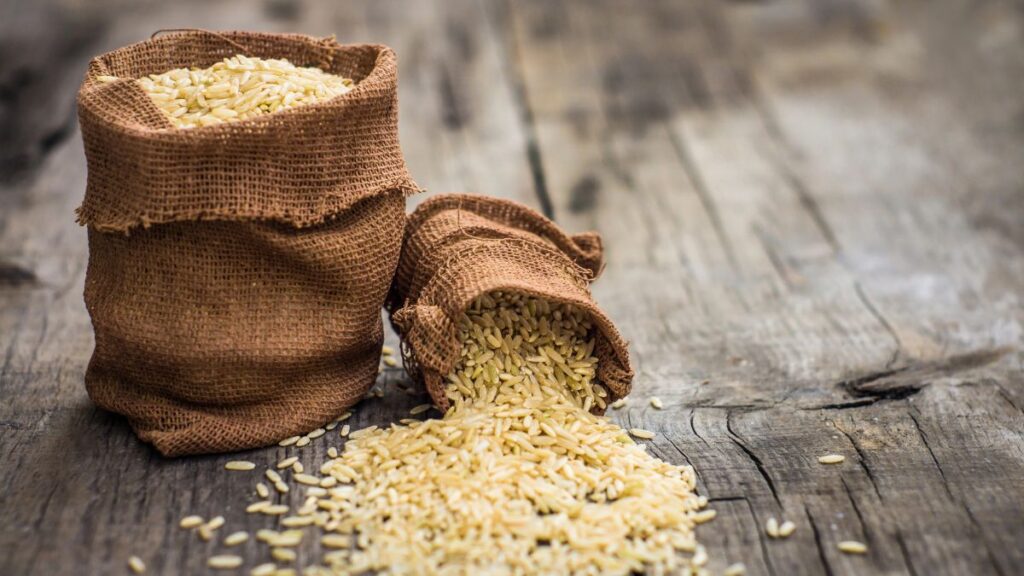
Brown rice is a whole grain that offers more fiber and nutrients than its white counterpart. It’s packed with magnesium, which is important for bone health and energy production.
Brown rice also contains selenium, an antioxidant that helps protect your cells from damage. Its high fiber content aids digestion and can help regulate blood sugar levels, making it a great choice for those managing diabetes. Use brown rice as a base for stir-fries, salads, or as a side dish to round out your meals.
Apples
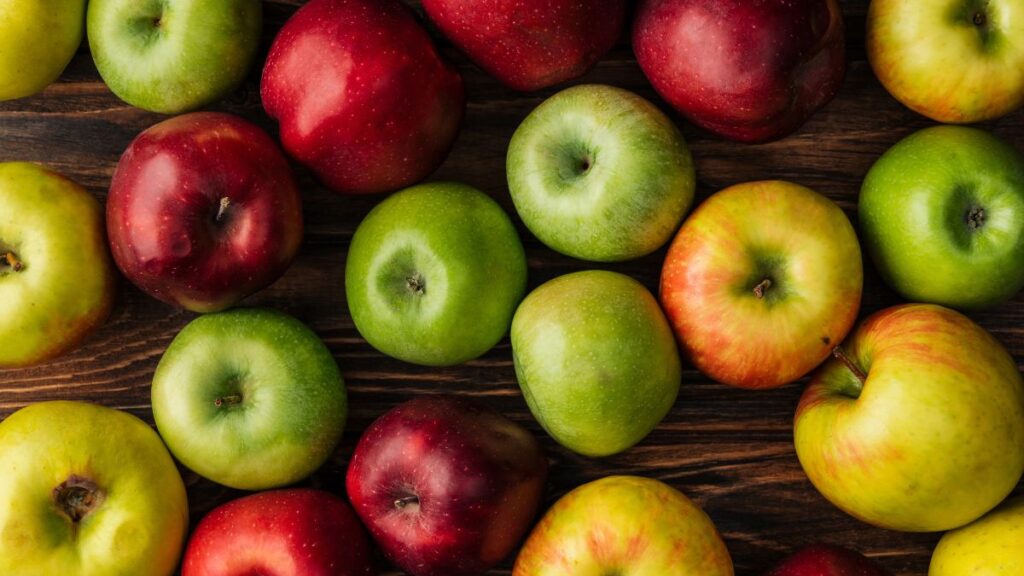
The saying “an apple a day keeps the doctor away” holds some truth. Apples are high in fiber, particularly pectin, which promotes healthy digestion and can help lower cholesterol levels.
They’re also rich in antioxidants, like quercetin, which can protect your cells from oxidative stress. Apples are a convenient and portable snack that can be enjoyed on their own or added to salads and desserts. With their crisp texture and natural sweetness, apples make healthy eating enjoyable.
Eggs

Eggs are one of the most nutrient-dense foods you can eat. They’re an excellent source of high-quality protein and contain essential vitamins and minerals like vitamin B12, choline, and selenium.
Choline is particularly important for brain health and development. Despite previous concerns about cholesterol, research shows that eggs can be part of a heart-healthy diet for most people. Start your day with a protein-packed breakfast by enjoying eggs scrambled, boiled, or in an omelet.
Berries
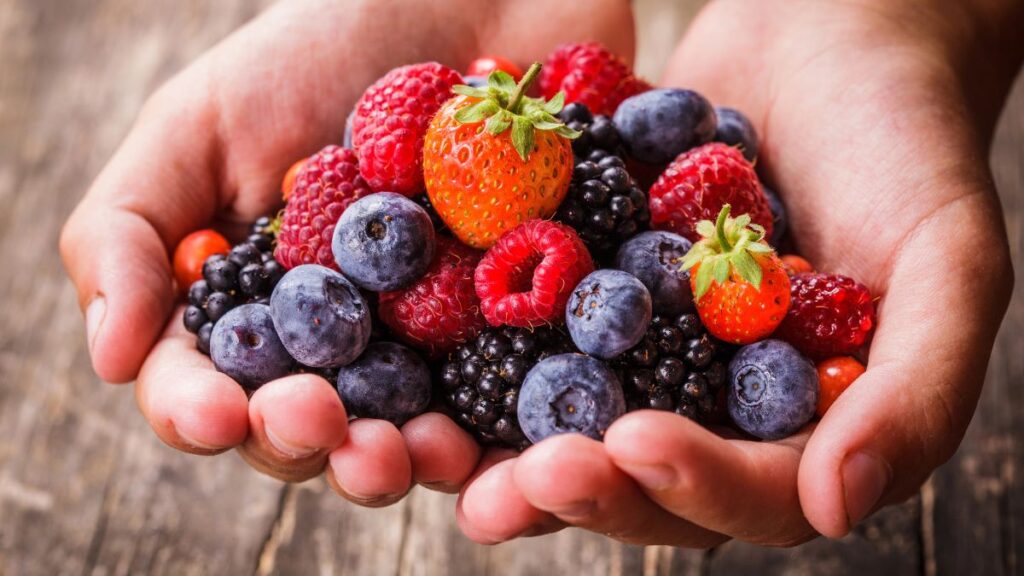
Berries, such as strawberries, raspberries, and blackberries, are not only delicious but also incredibly healthy. They’re loaded with antioxidants, including vitamin C and flavonoids, which help protect your body from inflammation and oxidative stress.
Berries are also high in fiber, supporting digestive health and promoting feelings of fullness. Incorporating berries into your diet can boost brain function and reduce the risk of heart disease. Enjoy them fresh, frozen, or added to yogurt, cereals, and desserts.
Beans

Beans are a versatile and affordable source of plant-based protein and fiber. They’re rich in vitamins and minerals like folate, iron, and magnesium, which are essential for energy production and immune function.
The high fiber content in beans helps regulate blood sugar levels and supports heart health by lowering cholesterol. Whether you prefer black beans, chickpeas, or lentils, incorporating beans into your meals is an easy way to boost your nutrition. Add them to soups, salads, or as a filling for tacos and burritos.
Yogurt
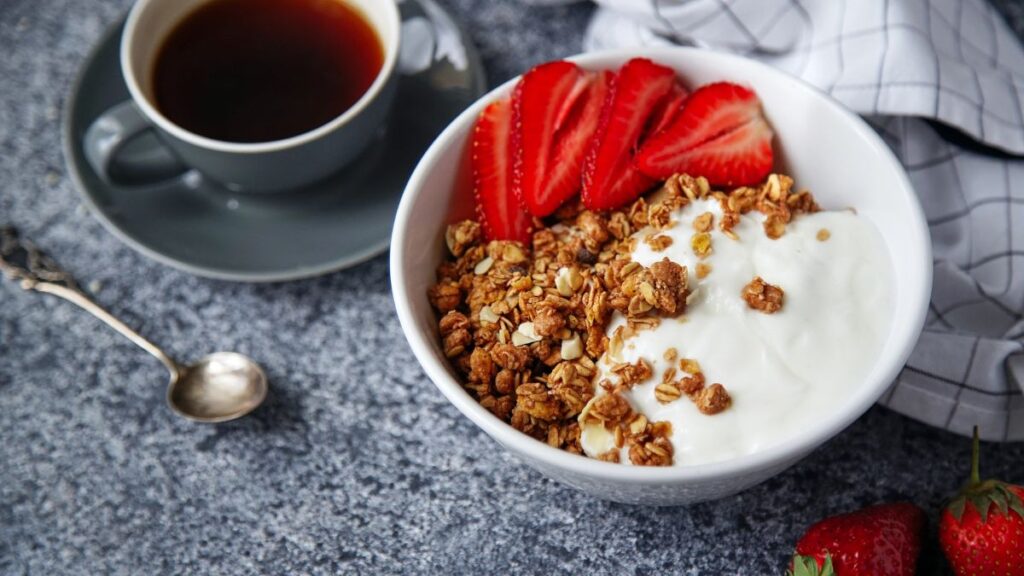
Yogurt is a probiotic-rich food that’s great for gut health. The live bacteria in yogurt help maintain a healthy balance of gut flora, which is important for digestion and immune function.
Yogurt is also a good source of calcium, which is crucial for strong bones and teeth. For those who are lactose intolerant, yogurt is often easier to digest than milk. Choose plain, unsweetened yogurt to avoid added sugars, and enjoy it with fresh fruit, granola, or as a base for smoothies.
Tomatoes
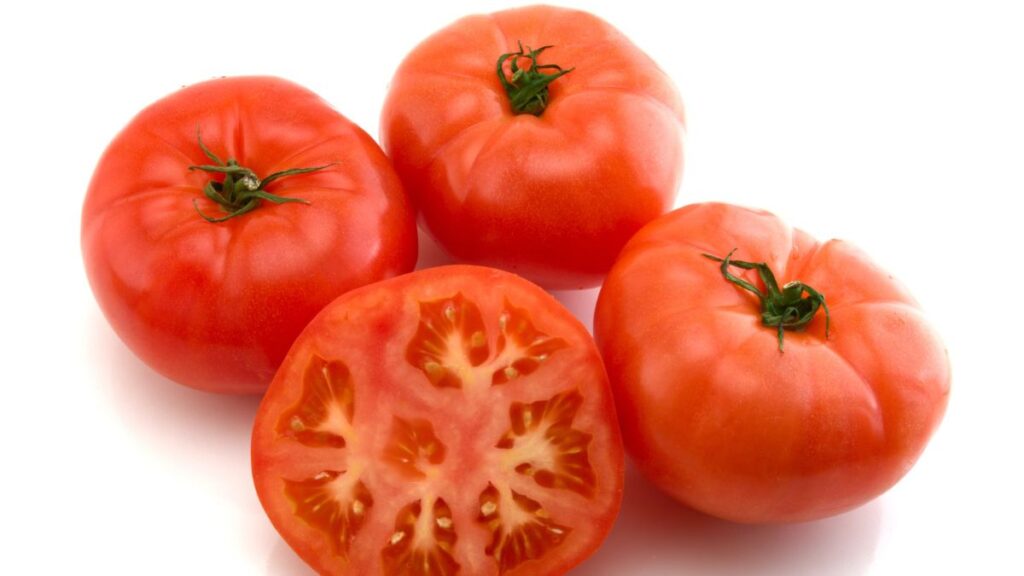
Tomatoes are a juicy and flavorful fruit that’s packed with nutrients. They’re particularly high in lycopene, an antioxidant that has been linked to a reduced risk of heart disease and certain cancers.
Tomatoes also provide vitamin C, potassium, and folate, all of which contribute to overall health. Cooking tomatoes increases the availability of lycopene, making sauces and soups a nutritious option. Incorporate tomatoes into your diet by adding them to salads, sandwiches, or pasta dishes.
Cucumbers
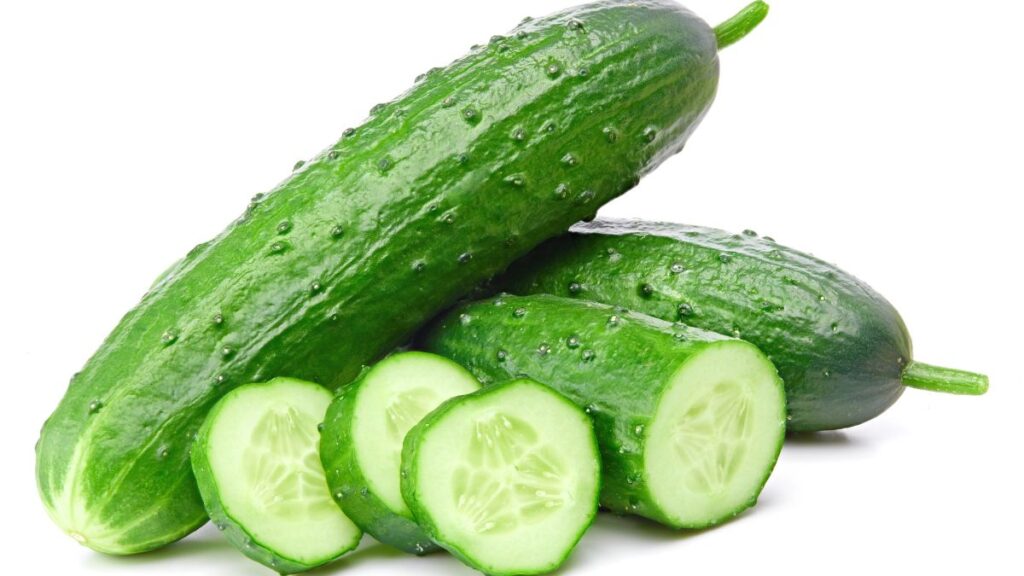
Cucumbers are a hydrating and refreshing vegetable that’s low in calories but high in nutrients. They contain antioxidants like beta-carotene and flavonoids, which help reduce inflammation and protect your cells from damage.
Cucumbers are also a good source of vitamin K, which is important for blood clotting and bone health. Their high water content makes them an excellent choice for staying hydrated, especially during hot weather. Enjoy cucumbers in salads, sandwiches, or as a crunchy snack with hummus.
Oranges
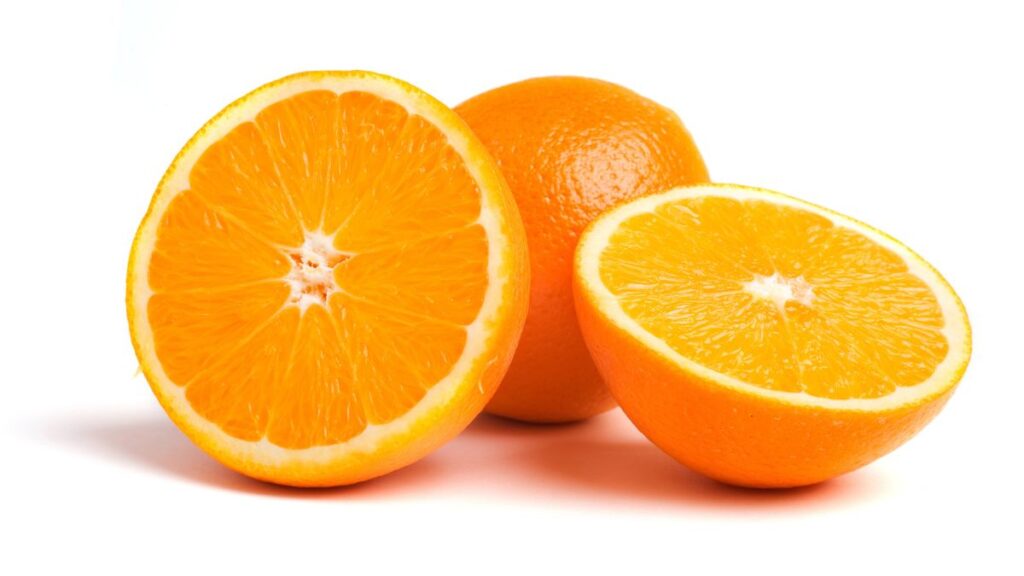
Oranges are a citrus fruit that’s well-known for its high vitamin C content. This vitamin is crucial for a healthy immune system, skin, and wound healing. Oranges also provide fiber, potassium, and several antioxidants that can help lower the risk of heart disease.
The natural sugars in oranges provide a quick energy boost, making them a perfect snack. Incorporate oranges into your diet by enjoying them fresh, juiced, or added to salads and desserts.
Dark Chocolate

Dark chocolate is a delicious treat and a surprisingly healthy one. It’s rich in flavonoids, antioxidants that help improve heart health by lowering blood pressure and blood flow.
Dark chocolate is also known to enhance brain function and reduce stress. Choose dark chocolate with a high cocoa content (70% or higher) to maximize health benefits. Enjoy it in moderation as a guilt-free way to satisfy your sweet tooth.
Walnuts
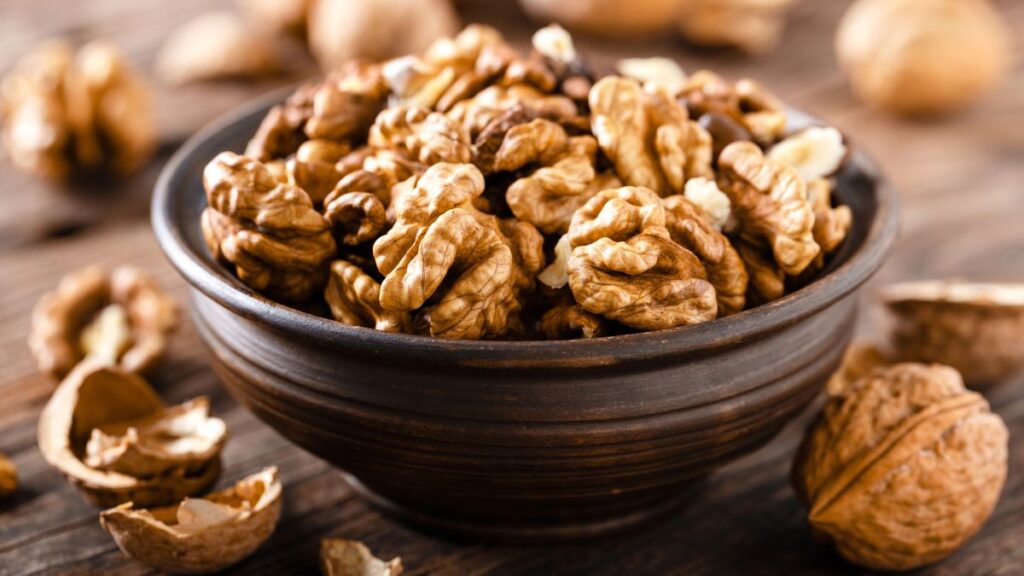
Walnuts are a nutrient-dense nut that’s rich in omega-3 fatty acids, which are important for brain health and heart health. They’re also a good source of antioxidants, fiber, and protein.
Regular consumption of walnuts has been linked to improved brain function, reduced inflammation, and better heart health. Enjoy walnuts as a snack, sprinkled on salads, or added to baked goods for a nutritious crunch.
Garbanzo Beans (Chickpeas)
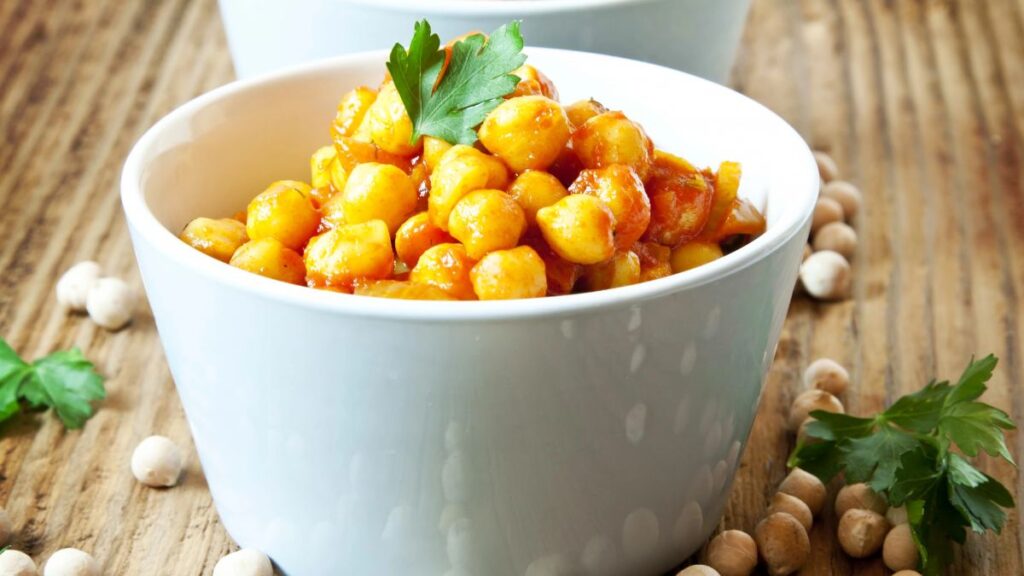
Garbanzo beans, also known as chickpeas, are a great source of plant-based protein and fiber. They’re rich in vitamins and minerals like folate, iron, and phosphorus, which are important for energy production and bone health.
Chickpeas also contain antioxidants that can help protect your cells from damage. Whether you enjoy them in hummus, salads, or roasted as a crunchy snack, chickpeas are a versatile and nutritious addition to your diet.
Avocados
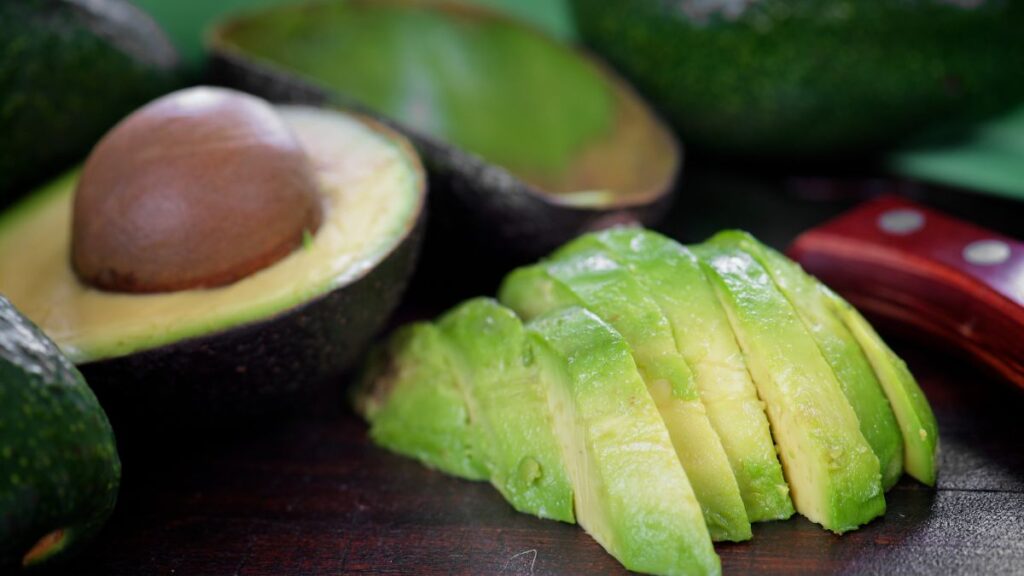
Avocados are a creamy and delicious fruit that’s packed with healthy fats, particularly monounsaturated fats, which can help improve heart health by lowering bad cholesterol levels.
They’re also a good source of fiber, potassium, and vitamins C, E, and K. The healthy fats in avocados help your body absorb fat-soluble vitamins from other foods, making them an excellent addition to salads and sandwiches. Their creamy texture makes avocados a satisfying and versatile ingredient in both savory and sweet dishes.
Bell Peppers
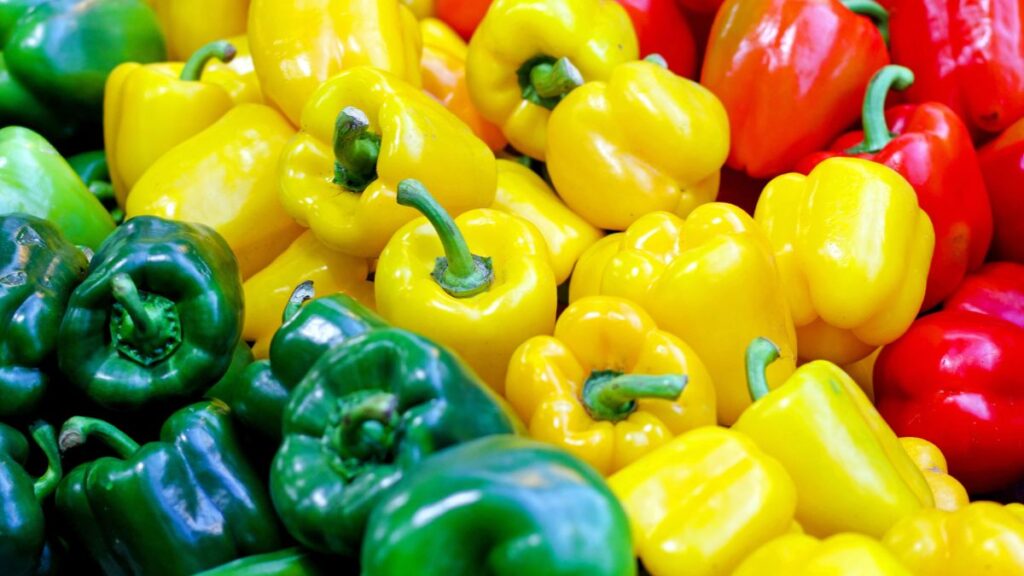
Bell peppers are colorful and flavorful vegetables that are high in vitamin C, which supports immune health and skin health. They also contain antioxidants like beta-carotene and flavonoids, which help reduce inflammation and protect your cells from damage.
Bell peppers are low in calories but high in fiber, making them a great addition to any meal. Enjoy them raw in salads, roasted as a side dish, or stuffed with a variety of fillings for a nutritious and delicious meal.
15 Foods Only The Wealthy and Elite Can Eat Now

Culinary trends are constantly evolving, and some foods have become more than just sustenance—they’ve become status symbols reserved for the elite.
15 Foods Only The Wealthy and Elite Can Eat Now
15 Practical Ways to Save Money During Retirement

Entering retirement doesn’t have to mean giving up a comfortable lifestyle. With strategic planning and simple adjustments, it’s possible to make the most of your retirement income and enjoy a financially secure life.







